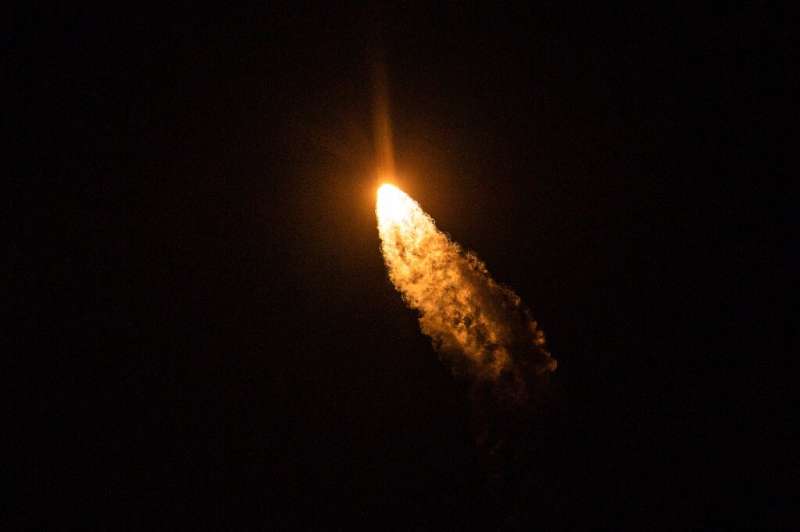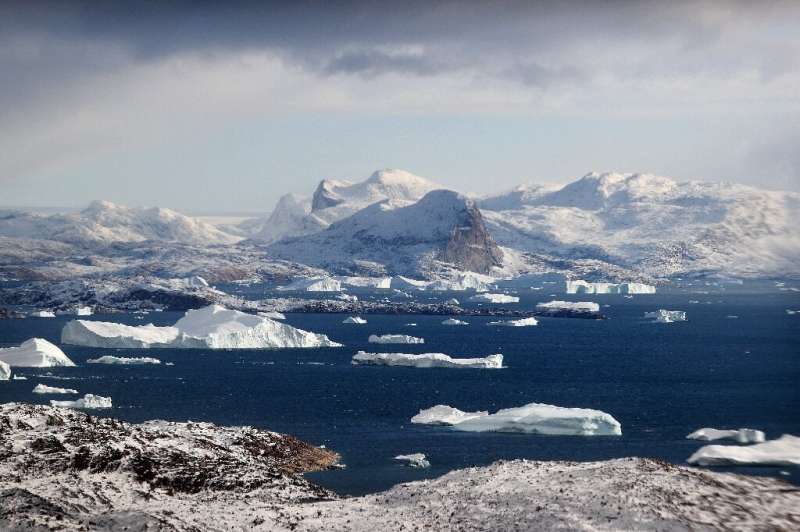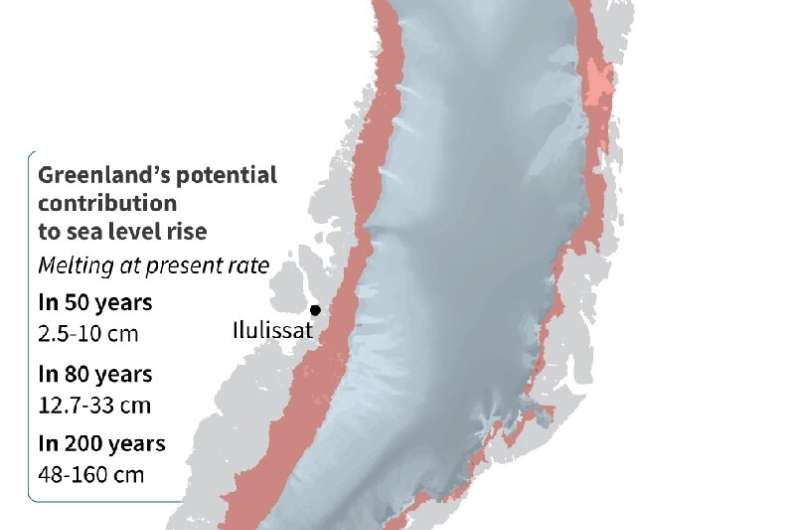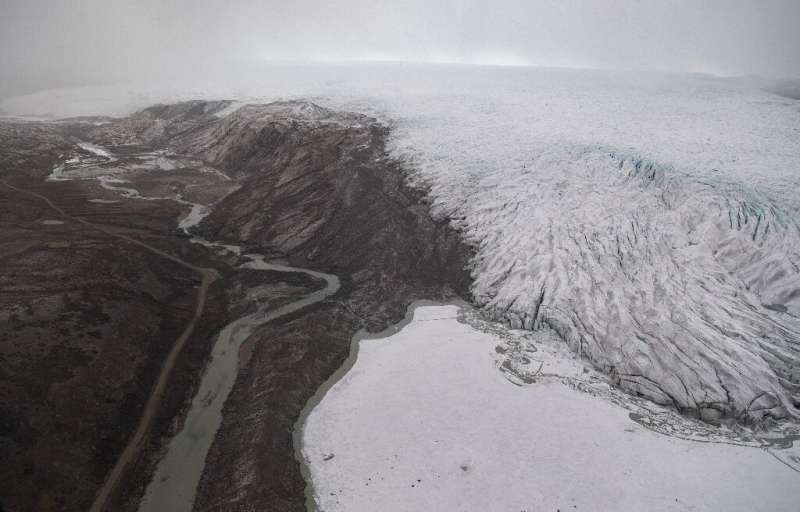

Italy Ancient TempleThis undated photo provided by the Archaeological Park of Paestum shows an ancient warrior helmet found in the Archaeological Park of Paestum and Velia, near Naples, Italy, where ruins of a painted brick wall and ancient warrior helmets at a site that might be a forerunner of a temple dedicated to the goddess Athena on the acropolis of one of Magna Graecia's most important city were found. Italian Culture Minister Dario Franceschini said on Tuesday, Feb. 1, 2022, that two well-preserved helmets and remains of what was apparently a rectangular building, along with vases carrying the Greek inscription "sacred" and metal fragments believed to have been pieces of weapons were unearthed. (Archaeological Park of Paestum and Velia via AP)
FRANCES D'EMILIO
Tue, February 1, 2022, 7:32 AM·2 min read
ROME (AP) — Archaeologists in southern Italy have discovered ancient warrior helmets and the ruins of a painted brick wall at a site that might have been a forerunner of a temple dedicated to the goddess Athena, officials said Tuesday.
Italian Culture Minister Dario Franceschini said the remains dug up at the popular tourist site of Velia were found on what had been an acropolis of one of Magna Graecia’s most important cities. Velia is 40 kilometers (25 miles) southeast of Paestum, a much-visited site of ancient Greek temples.
The recently completed excavation at Velia unearthed a pair of helmets in good condition, the remains of a building, vases with the Greek inscription for “sacred” and metal fragments of what possibly were weapons, the culture ministry said.
State Museums Director Massimo Osanna, who formerly had long directed excavations at Pompeii, Italy's most celebrated excavated site, said the area explored at Velia probably contained relics of offerings made to Athena, the mythological Greek goddess of war and wisdom, after a key naval battle in the nearby Tyrrhenian Sea.
In the 6th-century B.C. battle of Alalia off the coast of Corsica, Greek forces were victorious over Etruscan forces and their Carthaginian allies.
Velia is famed for being the home of an ancient Greek school of philosophy, including philosophers Parmenides and Zeno. It was part of Magna Graecia, the area of southern Italy colonized by Greek city-states. The settlement at Velia occupied an upper part, or acropolis, of the area as well as hillsides, and was surrounded by a wall. The city's ancient name was Elea.
Velia's founding dates to about 540 B.C. by colonists from Asia Minor.
Franceschini said the discoveries yielded by the Velia excavation underscored the importance of investing in archaeological research to reveal “important pieces of the history of the Mediterranean.”












 © Omar TORRES Critics of Mexico's planned energy reforms say they favor polluting fossil fuels over renewable energy
© Omar TORRES Critics of Mexico's planned energy reforms say they favor polluting fossil fuels over renewable energy

